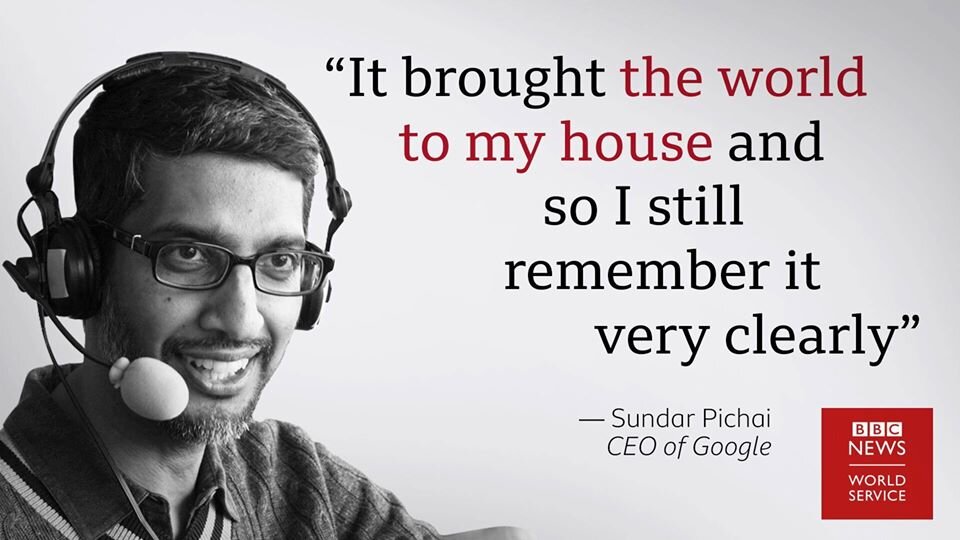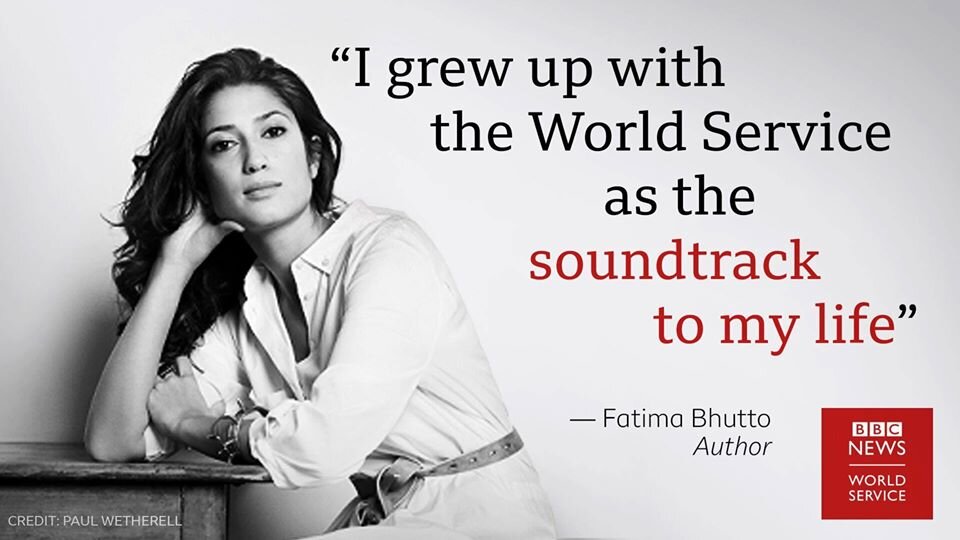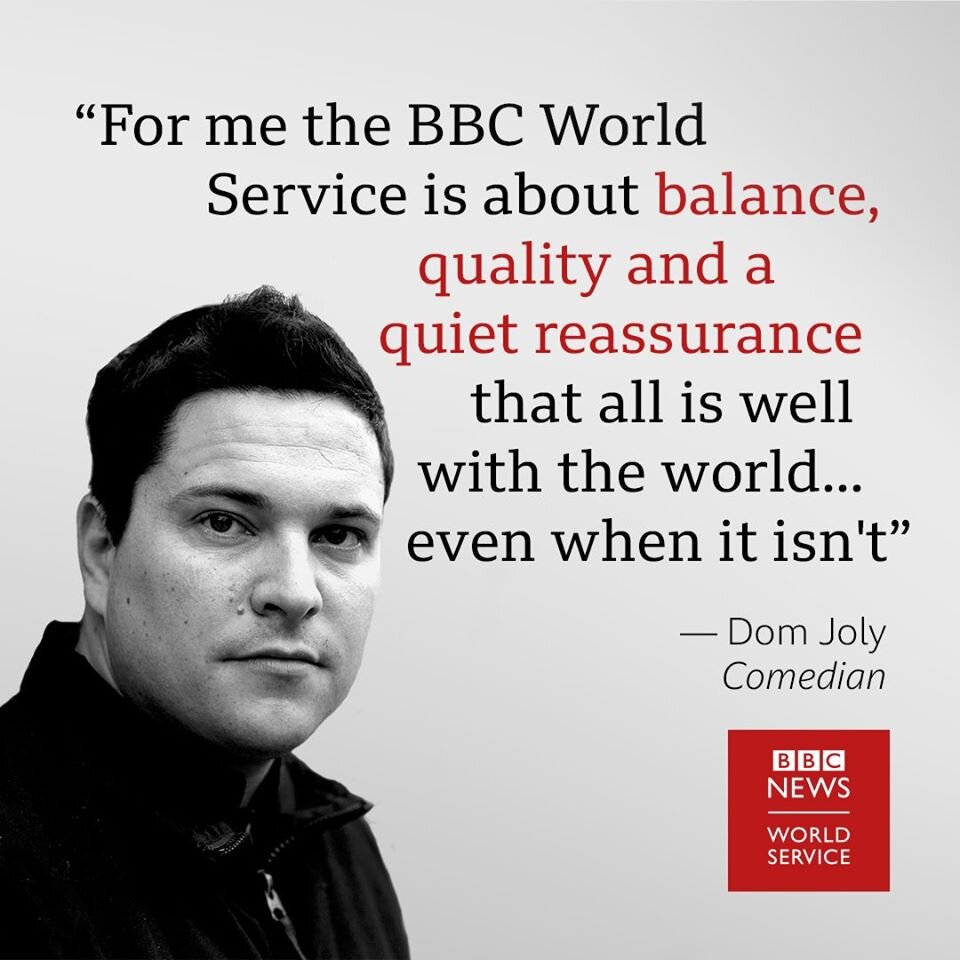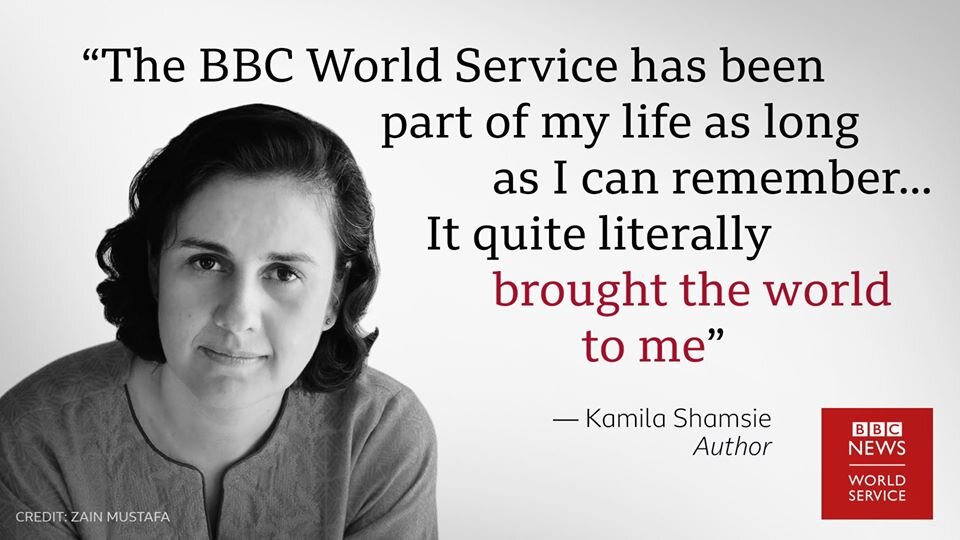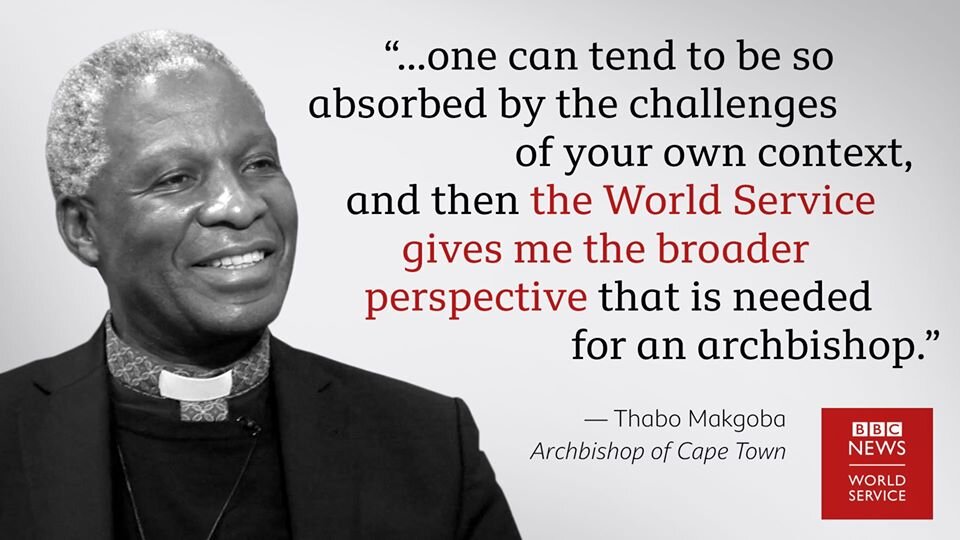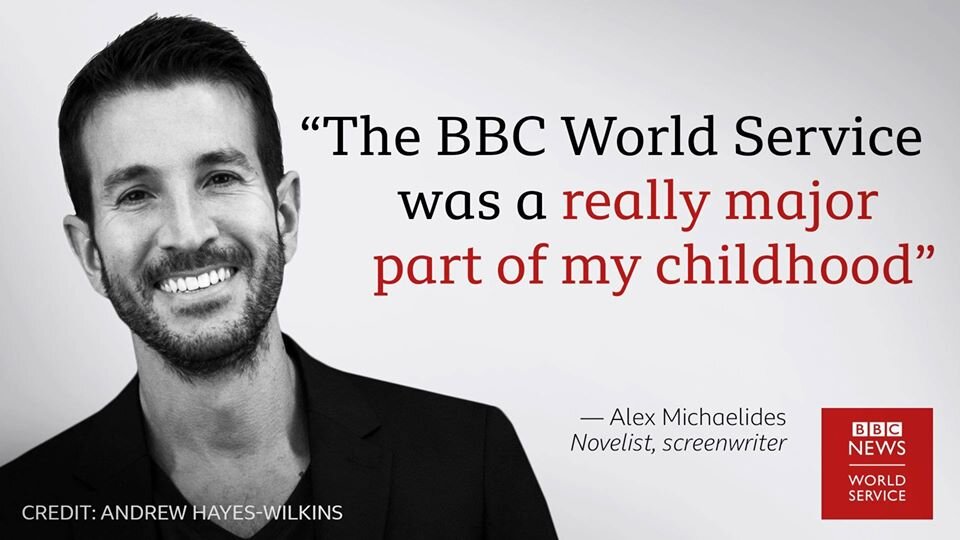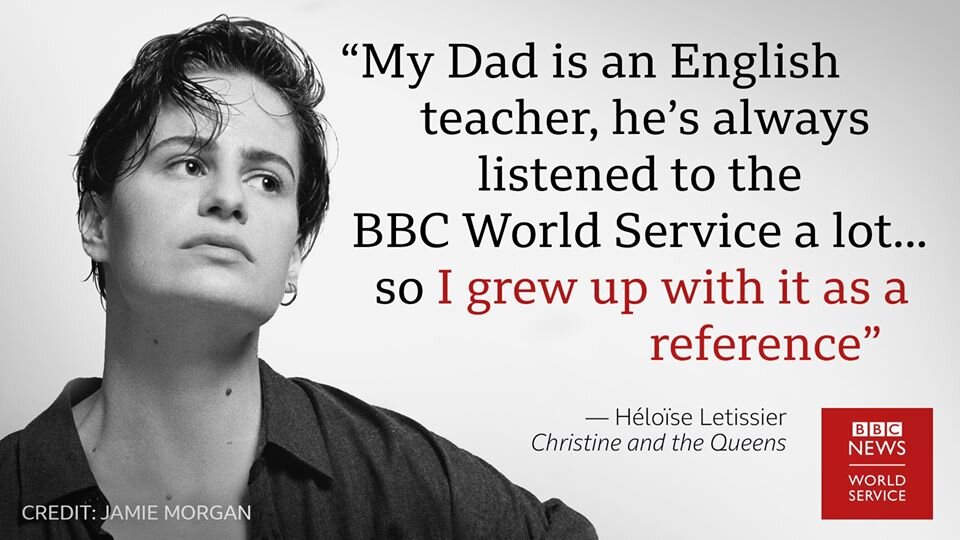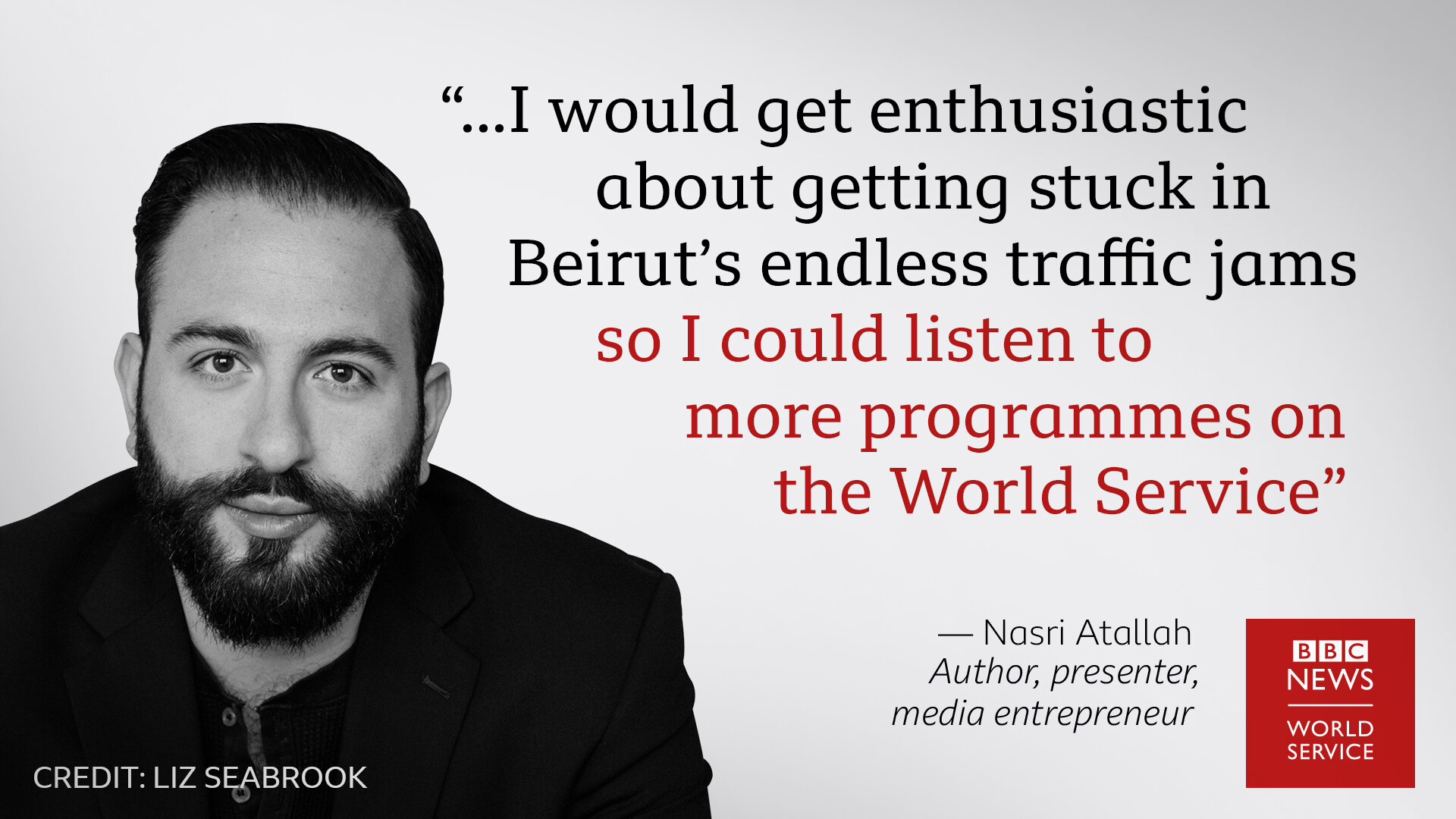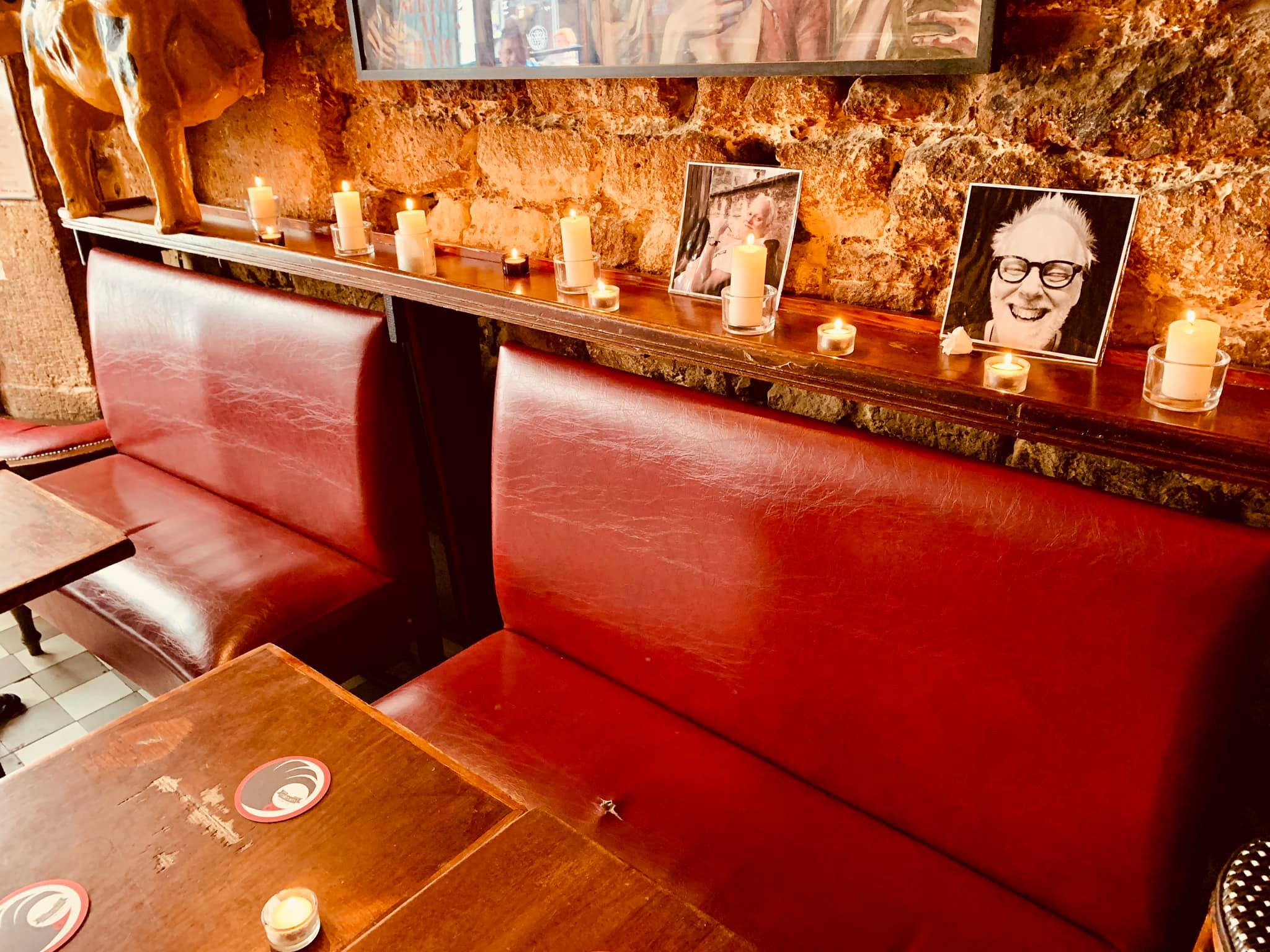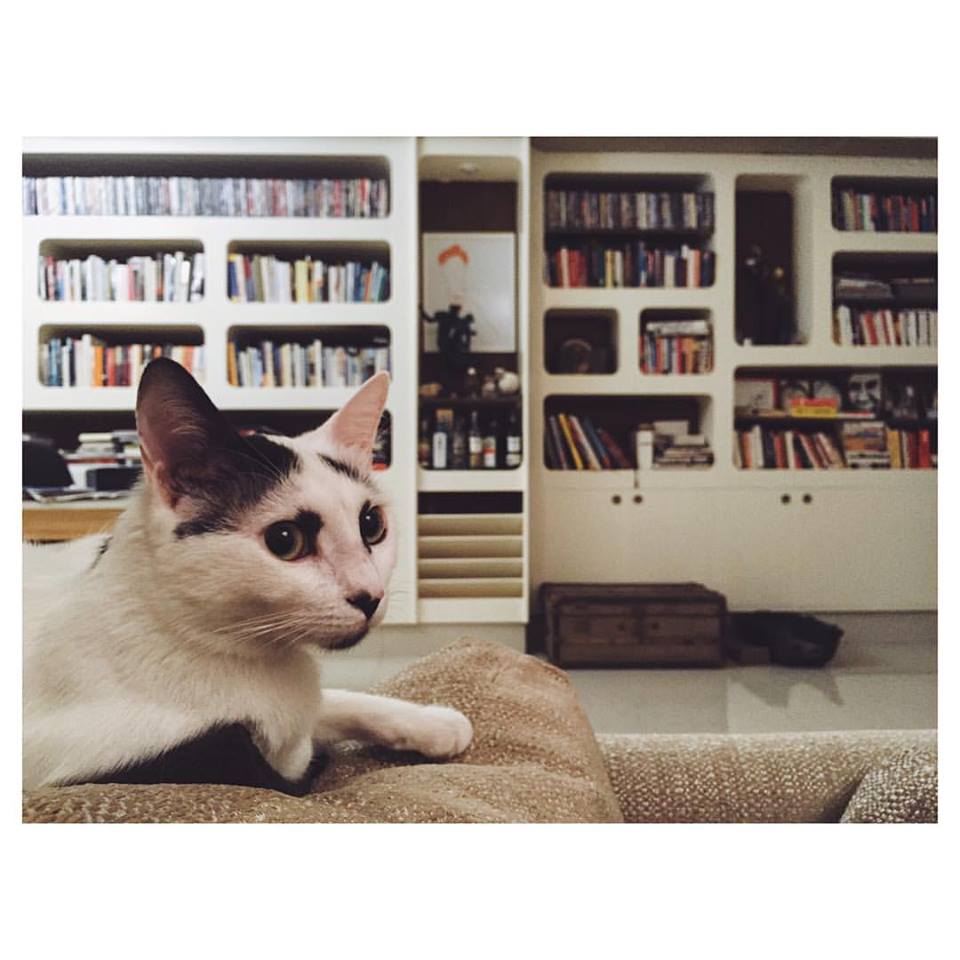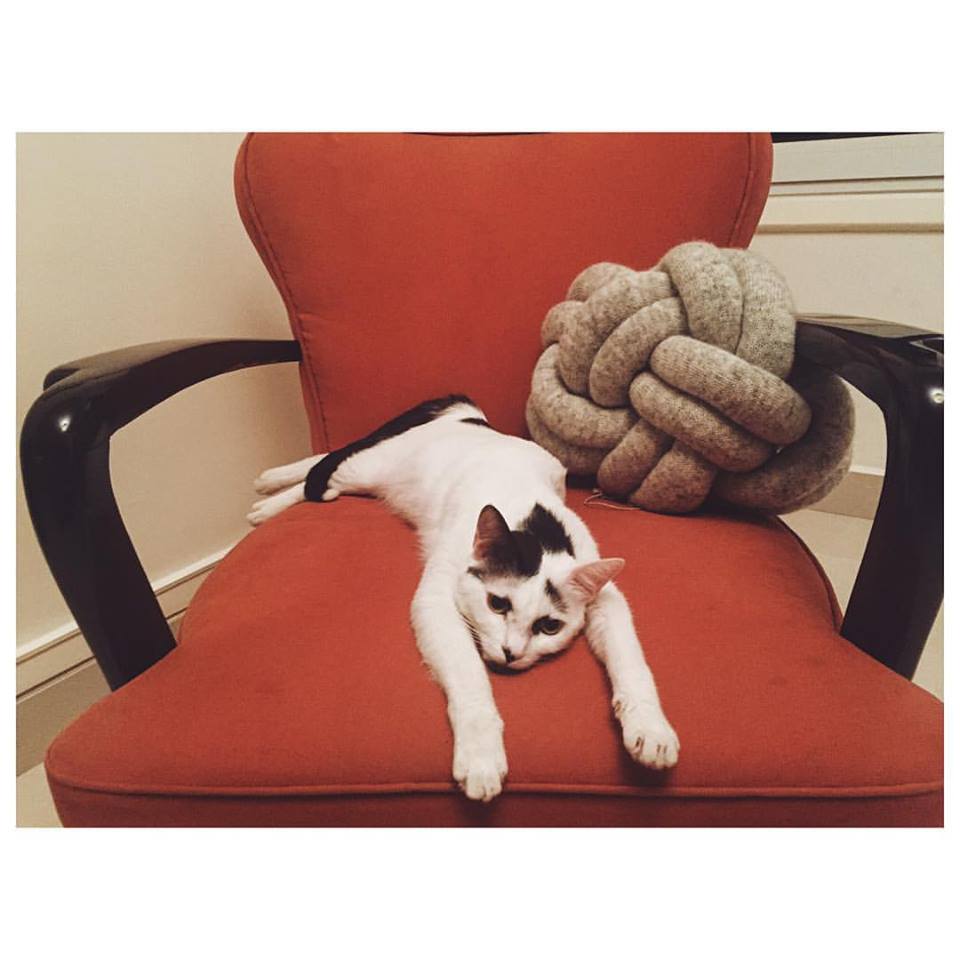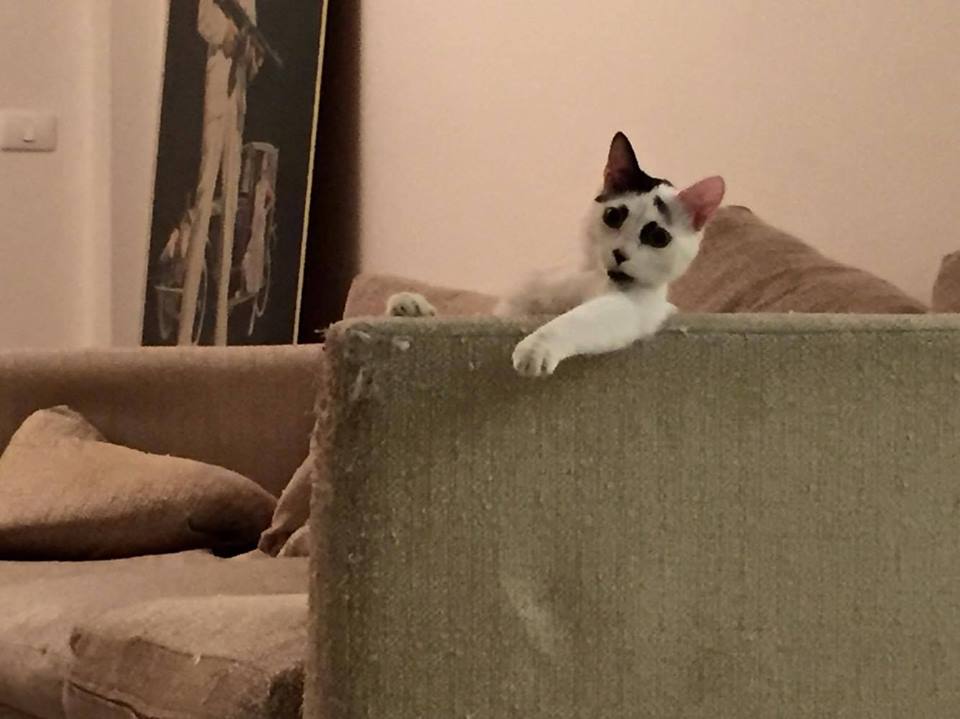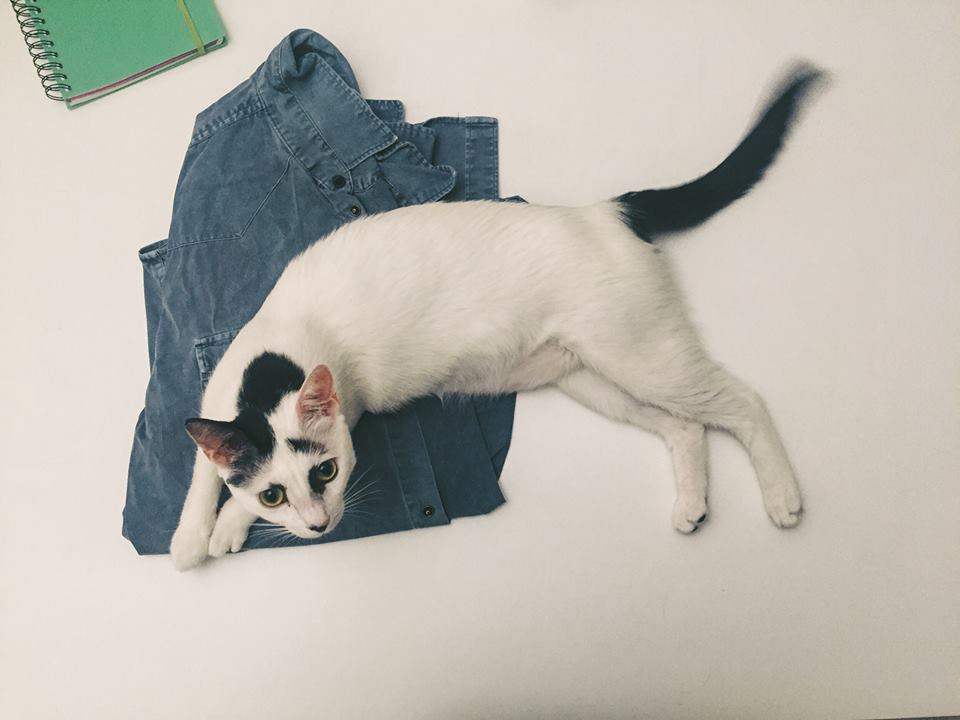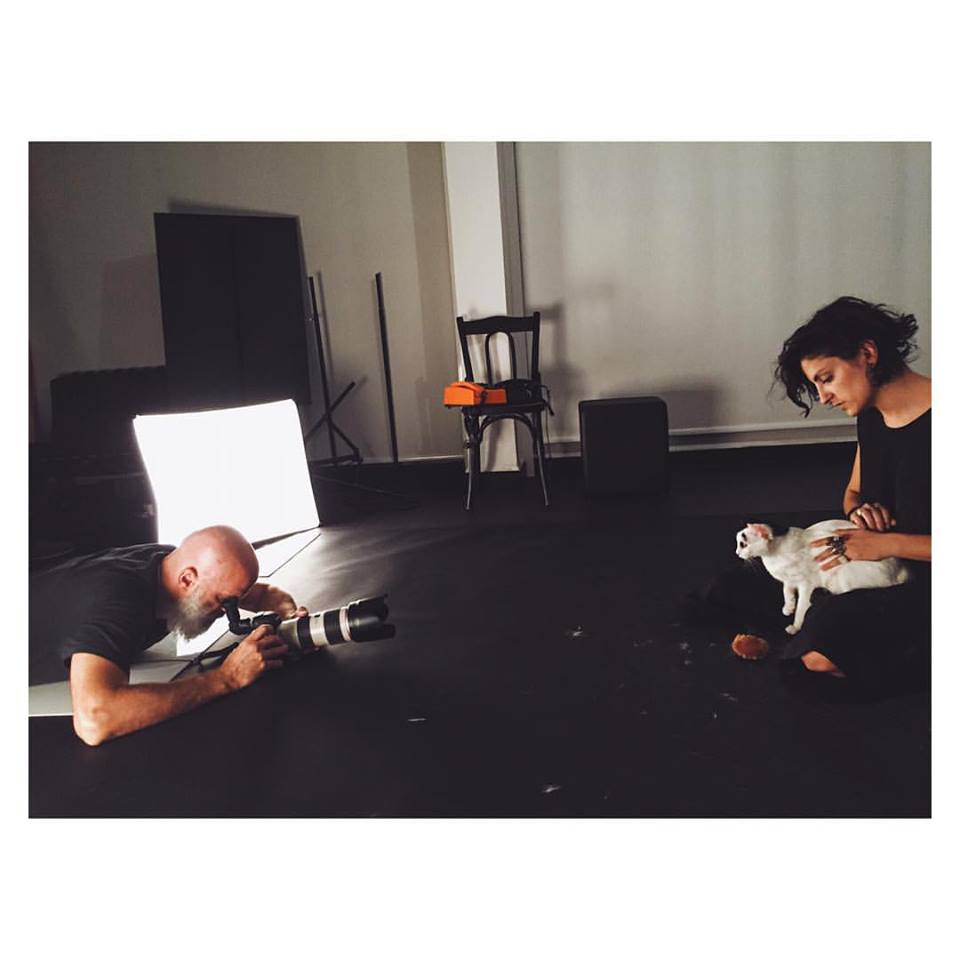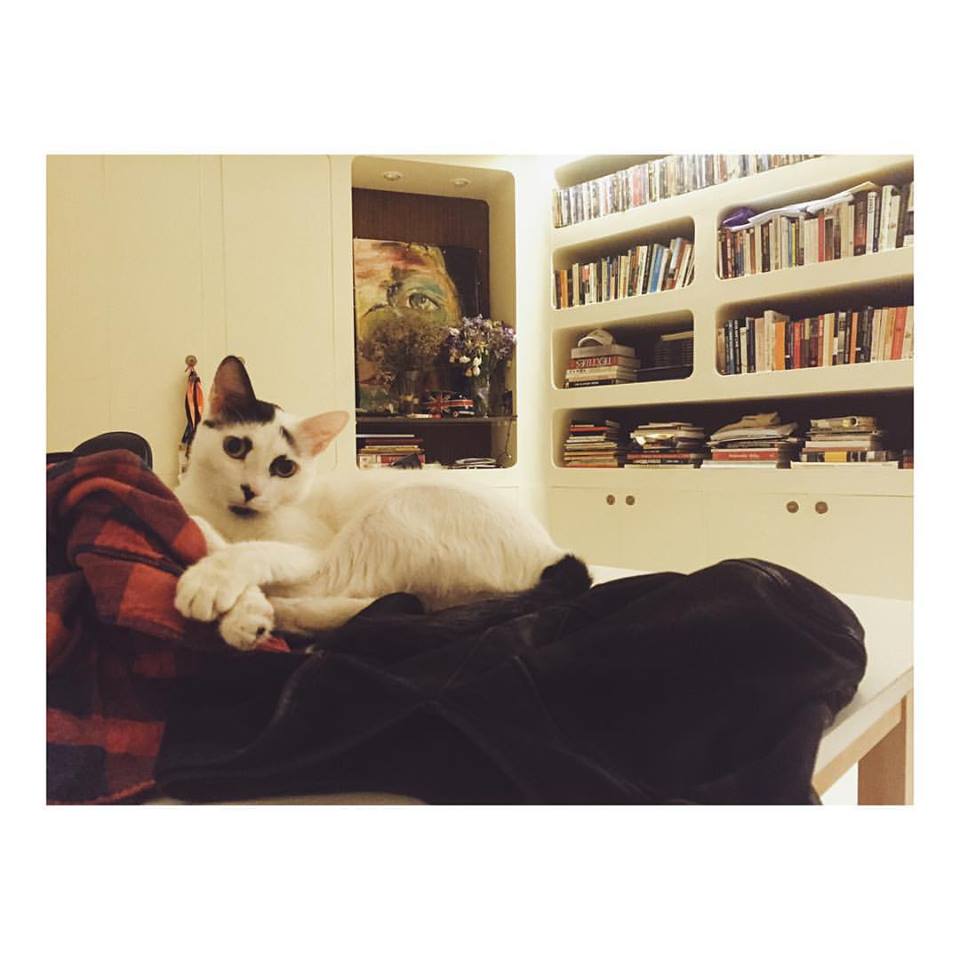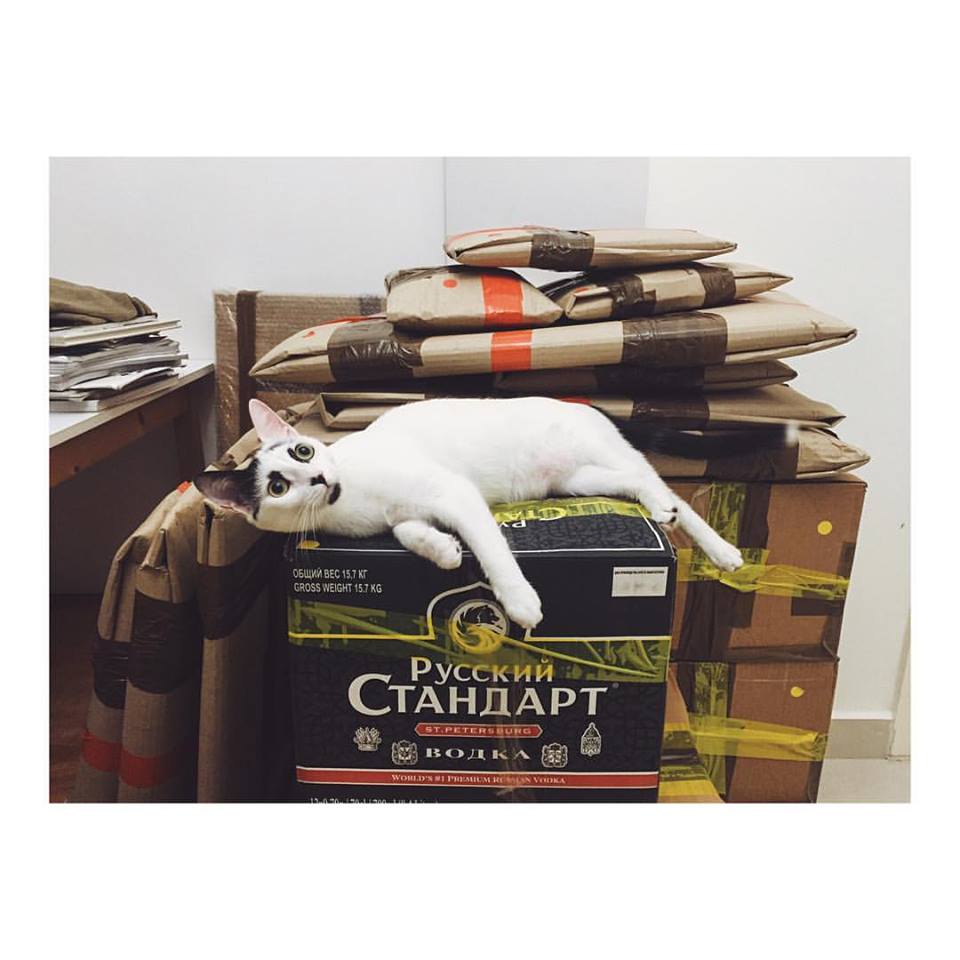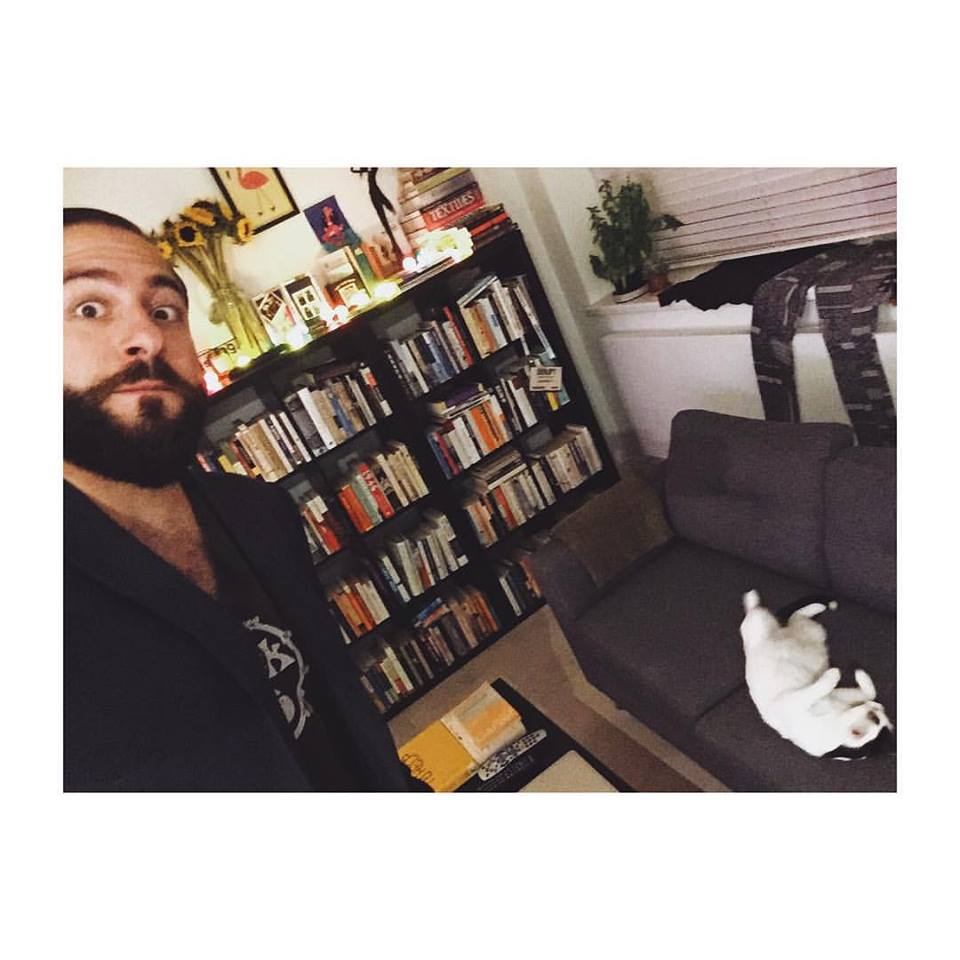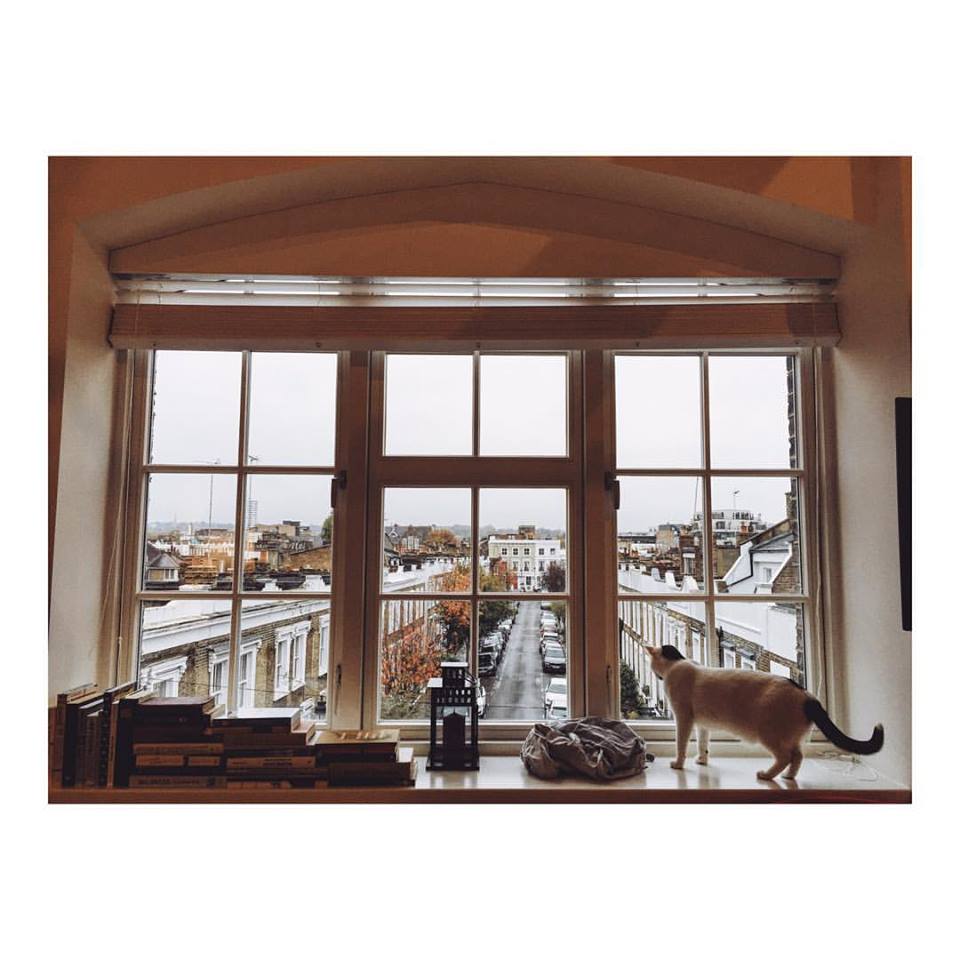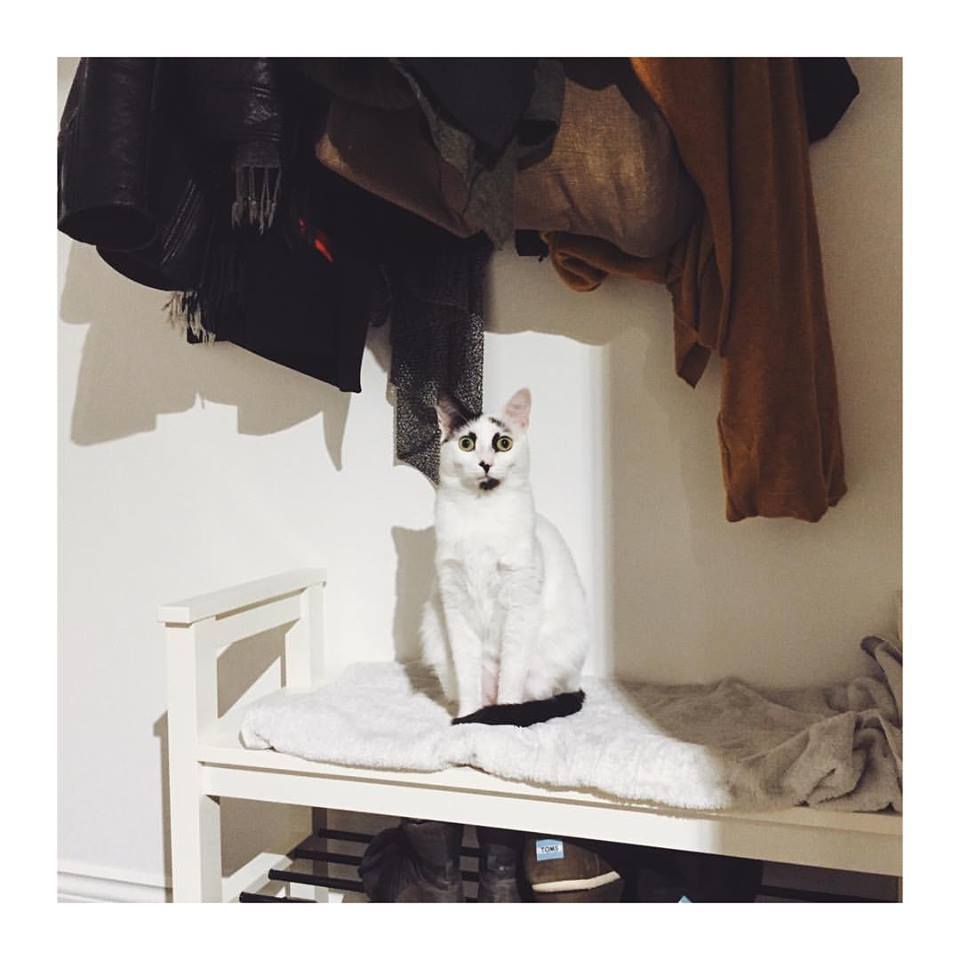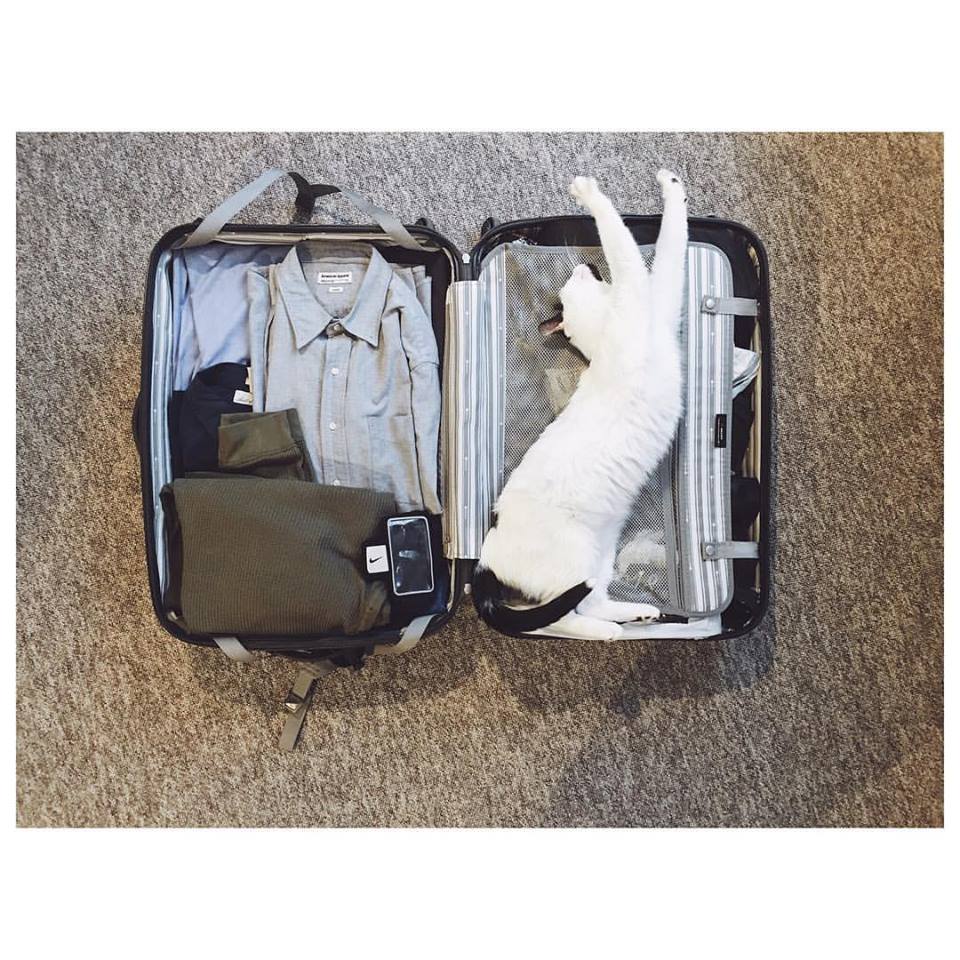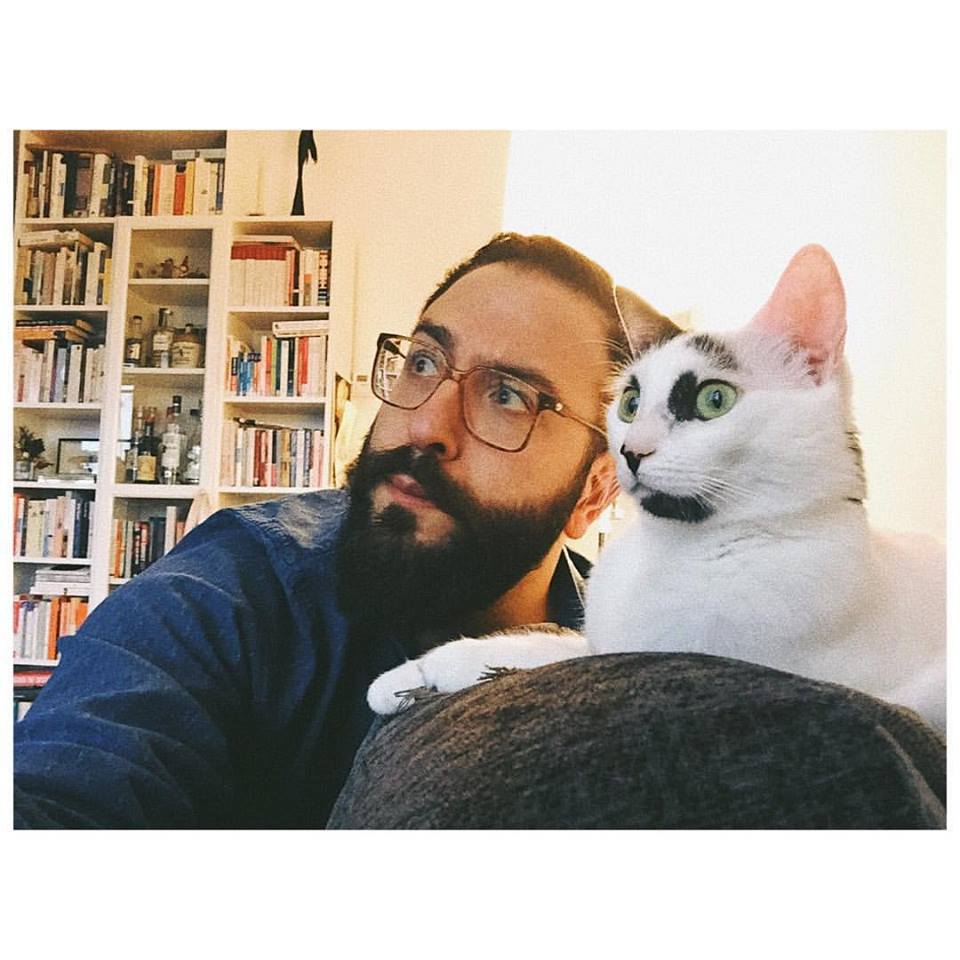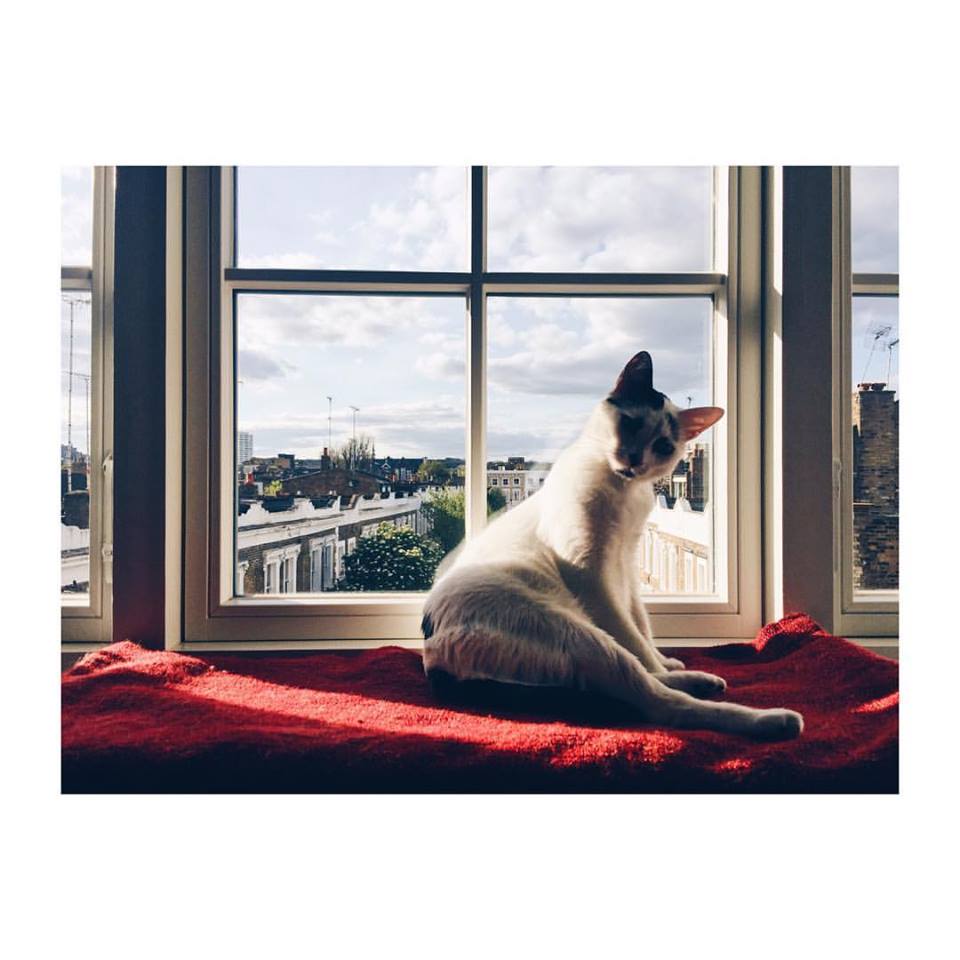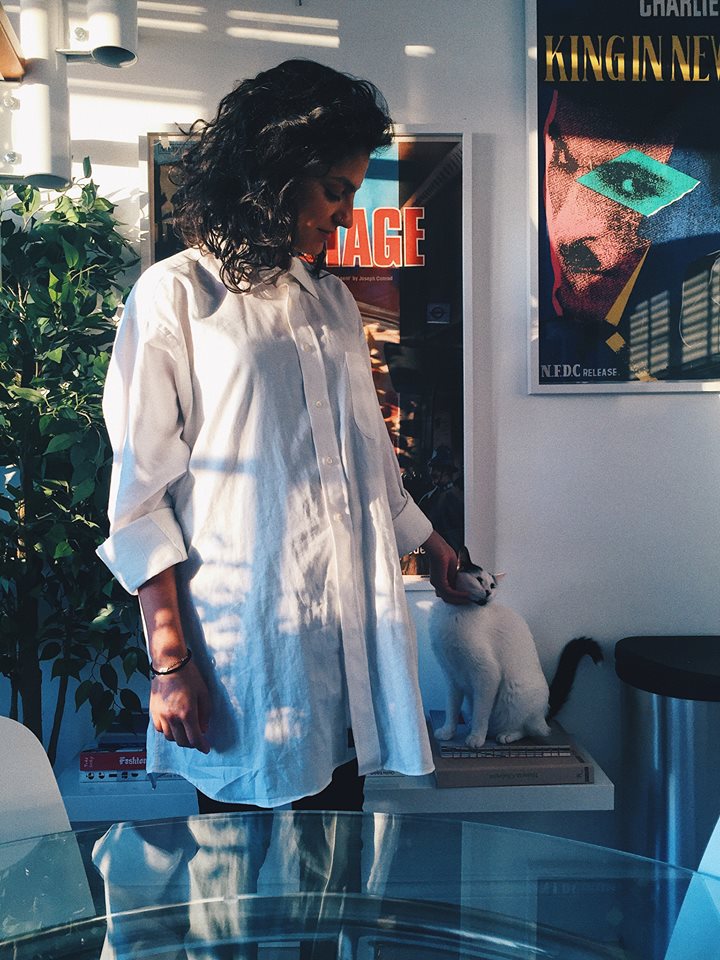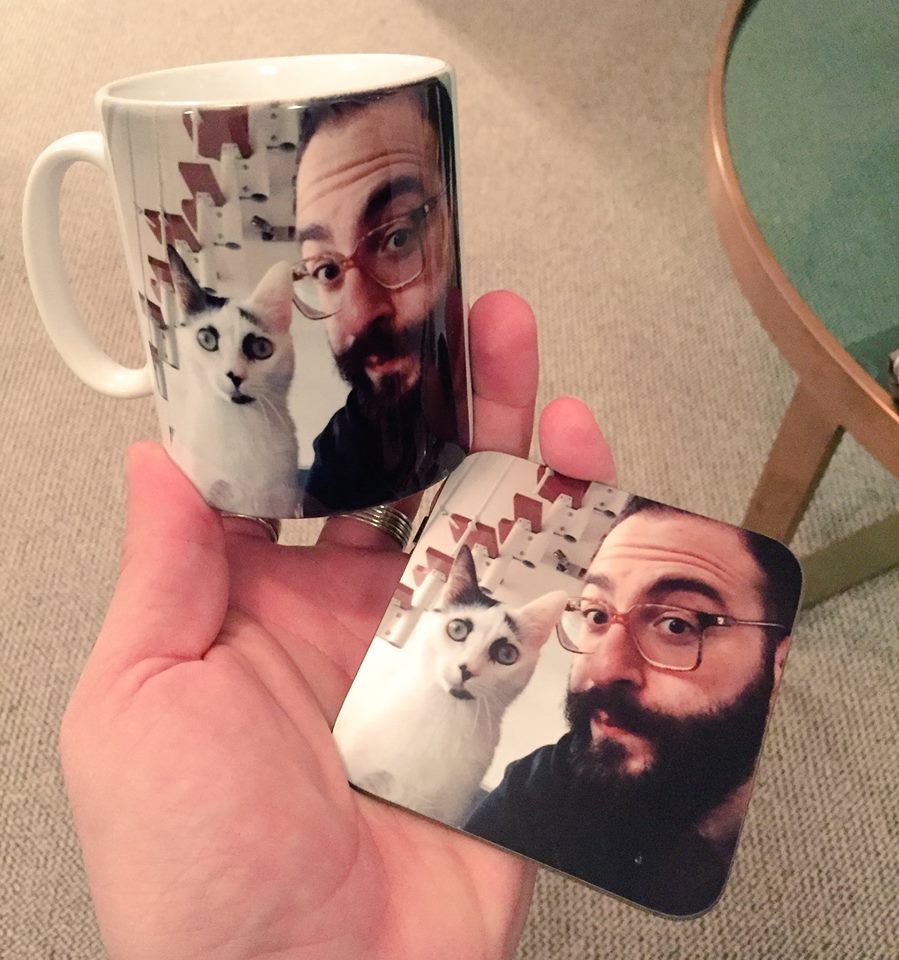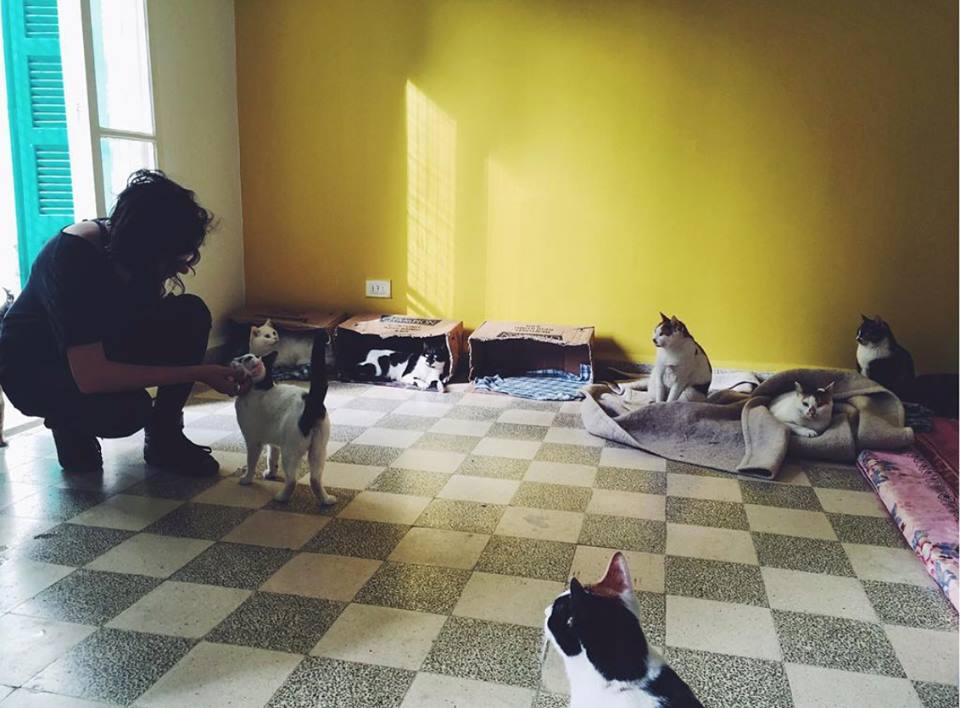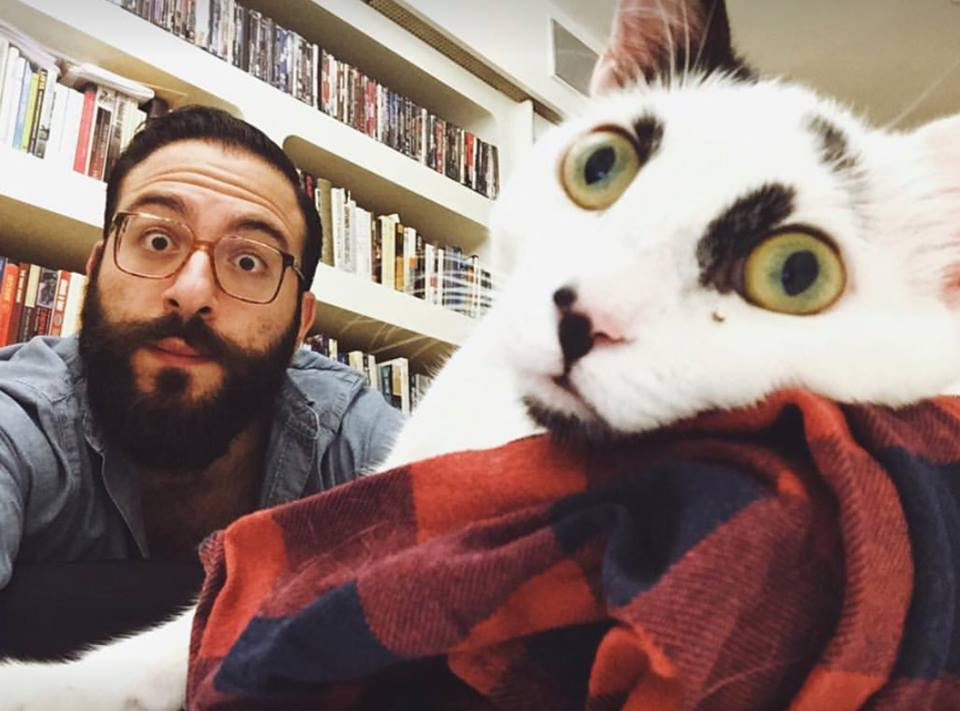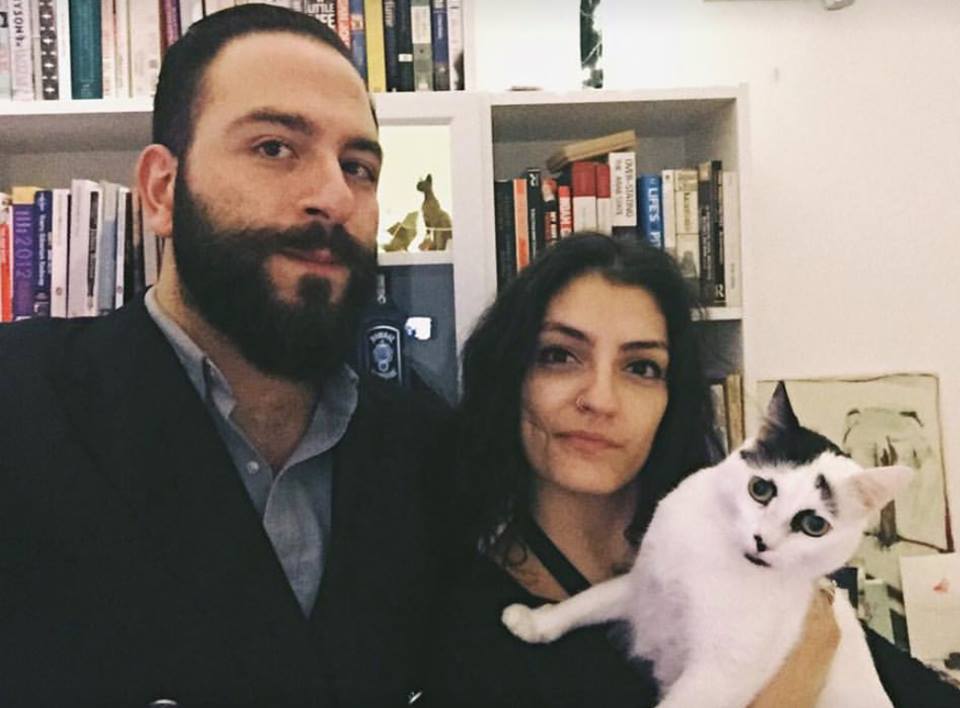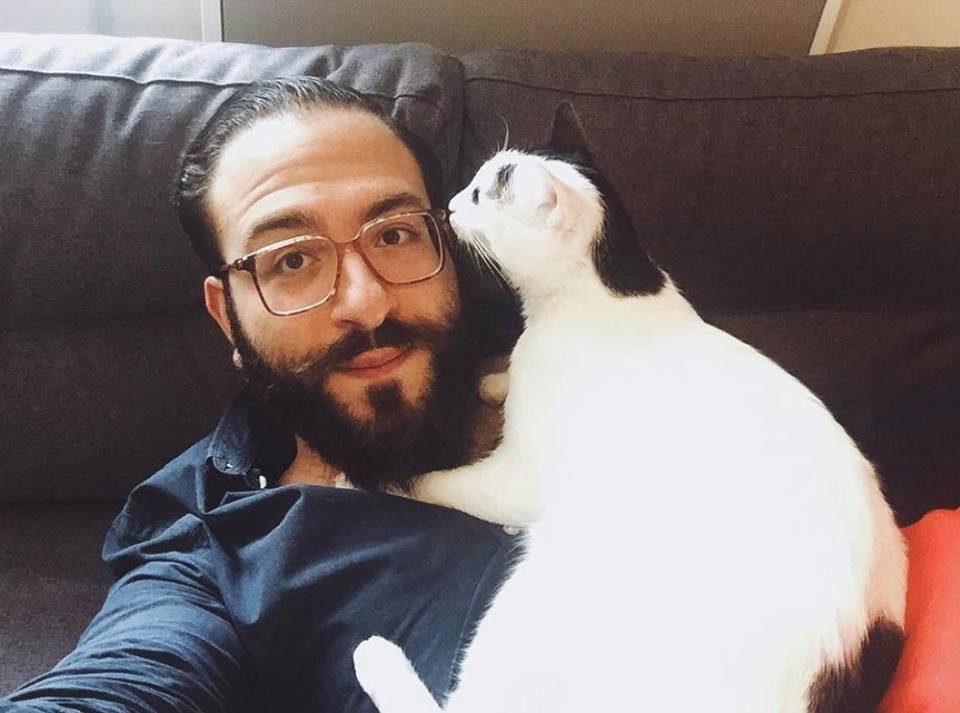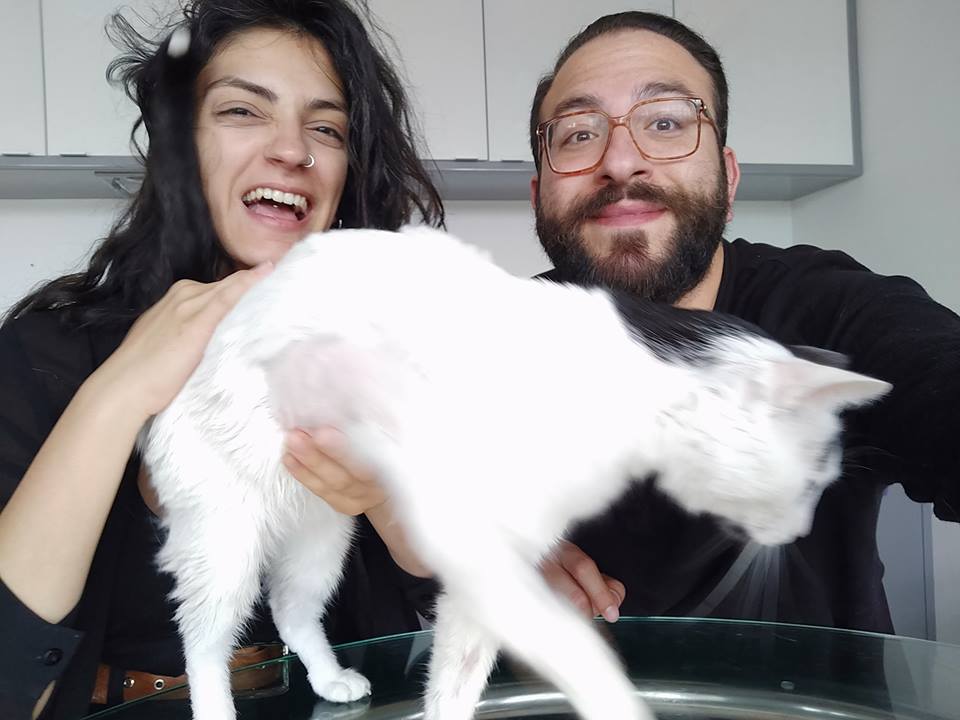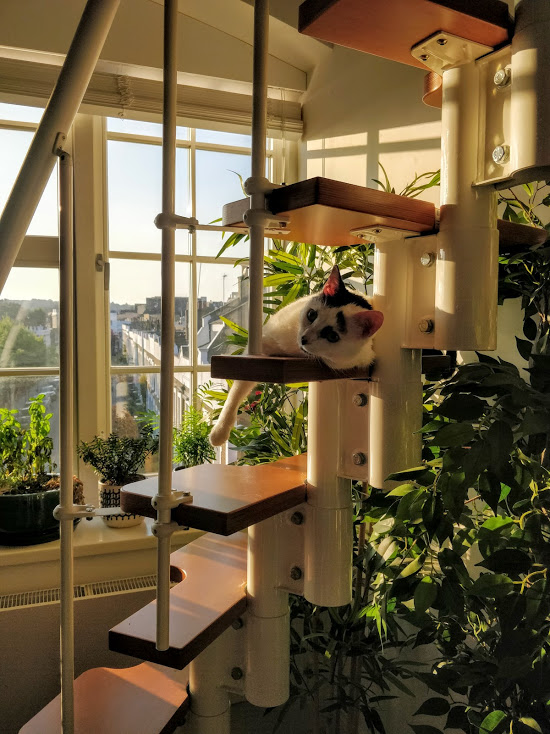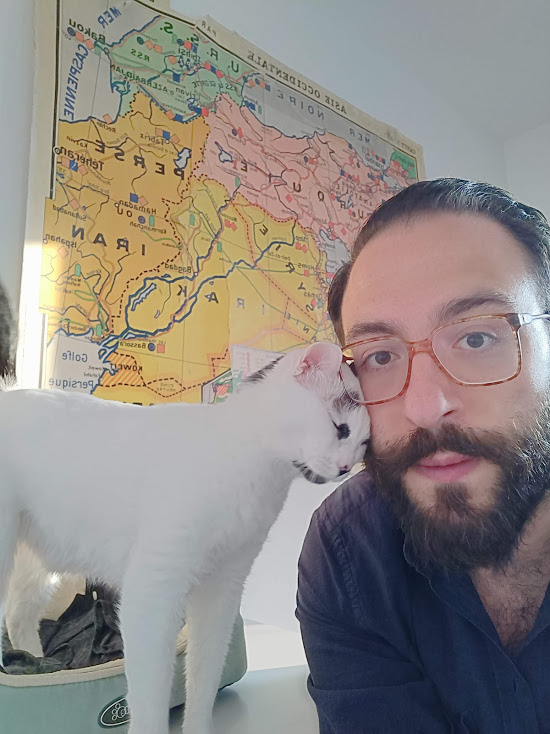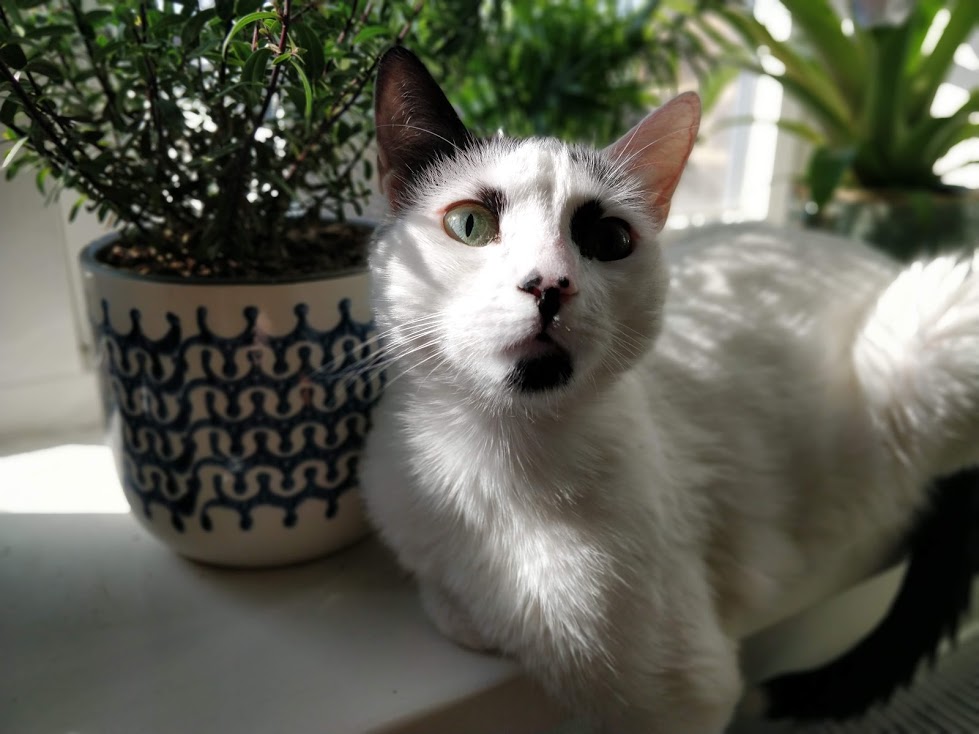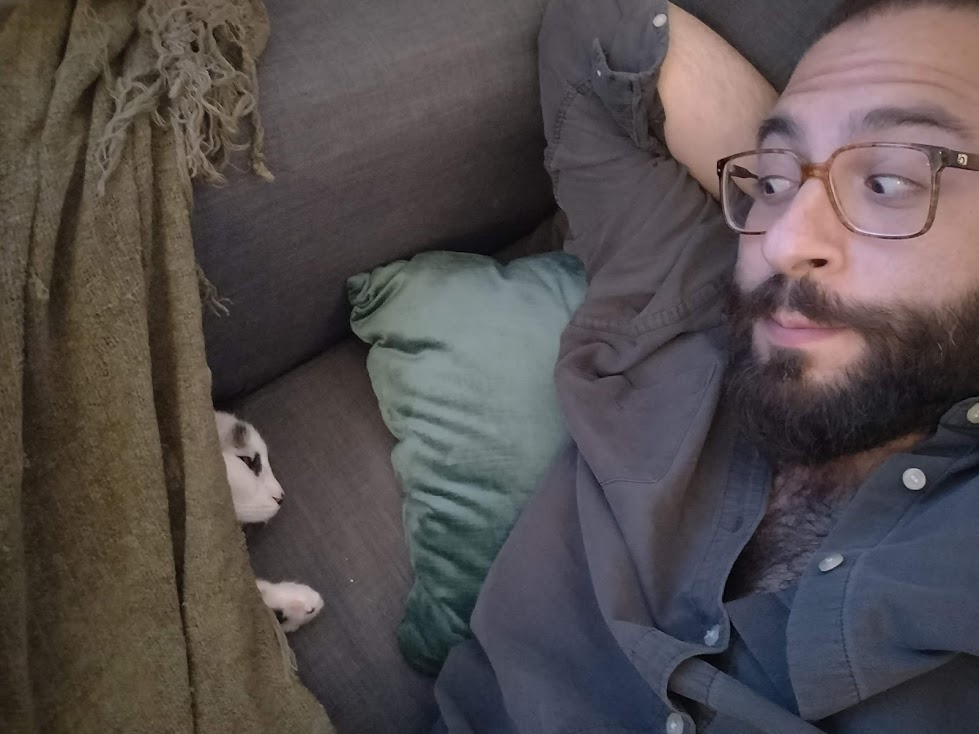The now-famous McKinsey report on Lebanon’s ailing economy has been unceremoniously dumped on the Ministry of Economy’s website, six months after it was delivered to the government. It is a gargantuan 1274-page document that isn’t the kind of thing a normal human being can make sense of, because, well, it’s a management consultant’s fever dream. A PowerPoint deck packed edge to edge with data. The document even has the “Internal” watermark all over it, and is riddled with typos. This should have been released in a digestible format, and I imagine journalists are now doing what the government should have done and make it understandable to us.
Since it’s Sunday and I am bored and restless, I went through it. I tried to understand what I could about my specific field, paying specific attention to the sections on the Creative Industries. I figured I’d distill some key elements from it for anyone who works in the industry or has worked in it. While I’m now based back in London, I am always going back and forth to Lebanon. I never want to lose my connection to its thriving creative scene and I hope to be able to base some of my projects there. I recently shot the pilot for a six-part documentary series called The New Arabs there with Emmy-nominated Montreal-based production house Noble Television, and it was an amazing experience. It is such a rich place for creative projects.
THE DIAGNOSIS
You can read better overall explainers of the intention of the document elsewhere, but essentially it calls for a Vision 2025 and a Vision 2035 to be established for Lebanon, to get it out of its economic and social mess. It focuses the approach on five sectors: Agriculture, Industry, Tourism, Financial Services, Knowledge Economy & Diaspora. The Creative Industries are part of the Knowledge Economy, along with tech, outsourcing, education & healthcare. I will be focussing only on the Creative Industries.
The Sector
“Lebanon’s media & production sector comprises of around 400 companies and employs around 4.5% of the total labour force of the country across the full spectrum of sub-sectors
Lebanon’s media sector involves television broadcasting, advertising services, production and post-production, publishing, music and digital media.
The overall advertising spending across all mediums, serving as a proxy for the overall media industry, has been stagnant at ~150 USD Mn year. However digital media as well as production witnessed a staggering growth.”
Film & Television
“Investment in film production has been growing at ~100% p.a. to go from a mere 350K USD in 2009 to reach ~11 USD Mn in 2014. Lebanon is a regional leader on production and post-production, exporting content to most of the Arab world. More recently, film production has witnessed a marked growth. Total yearly number of movies produced increased from 4 in 2004 to 31 in 2014, corresponding to a 22% p.a. growth.
There are currently around 97 production & post-production companies working at an average of 1000 shooting days per year. They are involved in content creation for local as well as regional television channels with an emphasis on entertainment, drama series, reality shows and talk shows. Hits such as Superstar, The Voice, Dancing with the Stars and Arab Idol, make Lebanon the market leader in entertainment shows in the region. The Voice Arabia’s 2014 final episode, attracted an estimated 100 million viewers from the Arab Region.”
A lot of the data above seems to stop in 2014, which is a shame. Anecdotally, I’d guess the numbers are even better now for film, given the massive mass-market commercial output from Falcon and Eagle films, as well as the art house offerings at the other end of the spectrum from directors like Ziad Doueiri and Nadine Labaki. There is also an interesting middle ground developing, with films like Shady Hanna’s Khabsa or Mir-Jean Bou Chaya’s Very Big Shot. I think the real opportunities for the sector are in mass-market high-quality offerings such as those two, that take full advantage of Lebanon’s storytelling opportunities and craft great genre pieces. On TV front, I think there’s a risk a lot of production for the Gulf could get moved to the Gulf, as the industry matures and the cost of producing in Beirut stops being an incentive.
Positive Takeaways
“The sector has all the success factors mainly: The access to talent, Lebanon’s natural endowment (e.g. the scenery for shooting movies), the ease of getting a license for shooting movie scenes”
I think these are pretty simplistic takeaways. I think there’s an energy to Lebanese creativity that is really special and goes beyond talent. There’s an ability to problem-solve and think on your feet that I think creatives don’t always have in systems with more supportive structures. I think it’s essential to keep that spirit, even as we professionalize. Pretty widespread multilingulalism is also a huge advantage, opening up markets far and wide, and should allow us to diversify from Arab markets. The opening up of global distribution through streaming services means if we create Lebanese cultural products with a global thinking, we can have the next La Casa De Papel on our hands.
Problems
“However, the sector lacks the right government support and incentives. Fragmented ecosystem with no central agency/body responsible of the industry, leading to the lack of a formal sectorial plan & strategy with clear responsibilities. Outdated legislations and regulations (e.g. visa requirements for foreign actors). Lack of formal media zones with proper incentives (e.g. tax breaks)”
These are all very real problems. The lack of a central agency means there’s no plan for the industry and its future. Like much else in Lebanon, it relies on personal private initiative. When things work, the country takes credit, when they don’t it looks away. This is fundamentally a problem, especially in film and TV where the timeframe is long-term and investments are massive. There needs to be direction. It’s less of an issue in music creation. However it is an issue in importing live music: the hoops concert organizers have the jump through to get artists (extremely expensive) visas are prohibitive and completely mess with he economics of even thinking of bringing in foreign acts.
SUCCESS STORIES
The report lists some success stories in the arts and culture field. I’ve selected a few and added my thoughts as to why I think they’re interesting and important.
The Wanton Bishops - I was happy to see the band listed as a successful example of a music export. I was involved with the band as their manager in the early days and it was a very intentional strategy to make sure they had a huge audience in Europe. We built tours in Turkey first, then France then across Scandinavia then eventually the rest of the continent (and the US!). It was always important that the band was from Lebanon but never restricted to it. And it worked. Hell, they even played Glastonbury! I think what they did can be replicated for other up and coming artists in a variety of musical genres.
Mashrou Leila - For me, this is the defining success story in terms of cultural export and soft power. By way of a disclaimer, the band are friends of mine, but I promise I’m being objective here. I have seen them perform in about 5 or 6 different countries and the response is always the same. Rapturous. They are a magnificent and professional band, and they are amazing cultural ambassadors with a light touch. ie they don’t go on about Lebanon, they are just Lebanese. And that is enough to give faith in our industry, and open up new audiences to our country. And it puts us on the map with major festivals, music video directors, etc. I saw them at Field Day in London last year, right before Father John Misty and Bjork. They can do for Lebanon what Bjork did for Iceland. Define our idiosyncrasies effortlessly.
The Insult & Capharnaum - While these are very different films by very different directors, they show that a pattern is emerging. We are making great films and audiences around the world are receptive. The Insult garnered an Academy Award nomination, and Labaki’s film is nominated for a Golden Globe. This is no mean feat for such a small industry, and it creates a momentum for young directors to come through with their own projects (and could potentially, eventually open up financing as people believe more in our productions). The global appetite also means these films can thrive, in a way they wouldn’t be able to in the small Lebanese market.
KEY CHALLENGES FOR THE CREATIVE ECOSYSTEM
Fragmented representation of the ecosystem in the government
While several cultural and creative industries are represented in either the Ministry of Information of Ministry of culture. some are not represented at all in the government (e.g. fashion, design, digital media)
Educational gap in CC industries
Lack of needed governing laws
Pending approval of enabling legislations to the CC industries (e.g. IP rights, secured transactions law)
Lack of security for people employed in the sector especially given the precarious nature of the business
Difficulty accessing external markets
Limited access to financing
Looking at the list above — directly lifted from the report — I can’t help but agree across the board. With no central authority creating a coherent environment for the industry, it’s difficult to create momentum. Everything depends on how long individuals can keep their spirits up and battle through the difficulties inherent to the sector. Of all of the problems, I think limited access to financing is the most pressing, in part because it solves a lot of the other ones. In the current climate, very few banks or investment funds are willing to invest in sectors that don’t have a proven track record in Lebanon. This means films often have to go to foreign funds and grants for financing, which can end up skewing narratives (and creating huge time-lags between projects). The French for example, are notoriously fond of a certain type of narrative coming out of the country. Who will fund the first great Lebanese heist film or romantic comedy with no mention of politics and misery? Certainly not the CNC. Similarly in music, there is no middle ground between local hyper-indie mini-labels and the massive pop factories, which is a shame because that’s where most commercially viable and exportable music would thrive.
THE RECOMMENDATIONS
The document recommends two specific areas to work on to make the Creative Industries part of a sustainable vision for Lebanon’s economy (which I’ve pasted below).
Take a bet on specific Creative & Cultural industries (2-3 industries)
Countries with a distinct creative edge have overarching strategies tackling all aspects of the creative & cultural industries (e.g. Creative Britain), while taking a bet on specific niches (e.g. TV production, Video Games, Arts & Music for the UK - Movie Industry for Morocco). As such, Lebanon should select 2-3 creative industries and incentivize their growth through:
Organizing round tables with experts in the field to understand potential of the different creative industries (e.g. Fashion, film industry).
Devising a mechanism to shortlist 2-3 creative industries to focus on, with high job creation and economic contribution potential
Launching a joint public-private sector initiative to support the selected sector (e.g. film industry), through either soft loans, investment attraction, support in marketing & promotion & distribution
Invest in creative & cultural industries infrastructure
Selection of creative industries to focus on should be accompanied by the development of built-for-purpose infrastructure for the sector, through:
Conducting round-table discussions to understand infrastructure requirements and gap areas within the selected creative industries (e.g. recording studio, theatre, exhibition centres)
Develop business case for each project through understanding current and projected demand
Solicit potential investors' interest to invest in the required infrastructure projects – Understand investors' requirements and concerns to invest, tackle the concerns accordingly by prioritizing quick-wins
I agree with much of this, with the exception of the emphasis on “quick wins” at the end. Whether you’re investing in film, TV, music, fashion, etc none of these industries are likely to see quick wins from an investor point of view. There might be great success stories, but investors will not be seeing bonkers returns quickly. With savings account rates in Lebanon at 8% on the dollar and 16% on the lira, it’s very hard to make any sector seem appealing. So I think it’s best to manage expectations accordingly. There are very interesting opportunities in media and art, but investors have to also care about the mission and vision underlying it. Otherwise you’ll attract the wrong kind of investor. There is no massive scalability on this end of the Knowledge Economy, leave that fantasy to the tech bros.
SO WHAT DOES IT ALL MEAN?
I can’t speak to the rest of the document (I mean it’s 1200 pages, and it’s Sunday afternoon and I have hoovering to do), but the section on the creative industries seems well thought-out to me, as someone who has spent 7-8 years in that segment of the economy and hangs around a lot of fellow Lebanon creatives. The challenges and opportunities seem to be well identified, and the solutions certainly seem like a good place to start. But the nagging thought I had throughout my reading was: none of this will ever happen. And I realize this is a terrible thought to have. I don’t want to admit defeat before we’ve even tried anything. And the solutions offered up aren’t that difficult. So I’ll end on this note: if you’re in this industry and want to continue this conversation, give me a shout. I’m abroad, but I want to bring creative projects to Lebanon. I care about that. Let’s all start a conversation and perhaps when Lebanon finally has a government (euh btw it’s been 8 months guys, get your shit together), we can form a few delegations to go have a chat with a list of requests from the relevant ministries. This document is a good place to start a conversation, so let’s have it.
